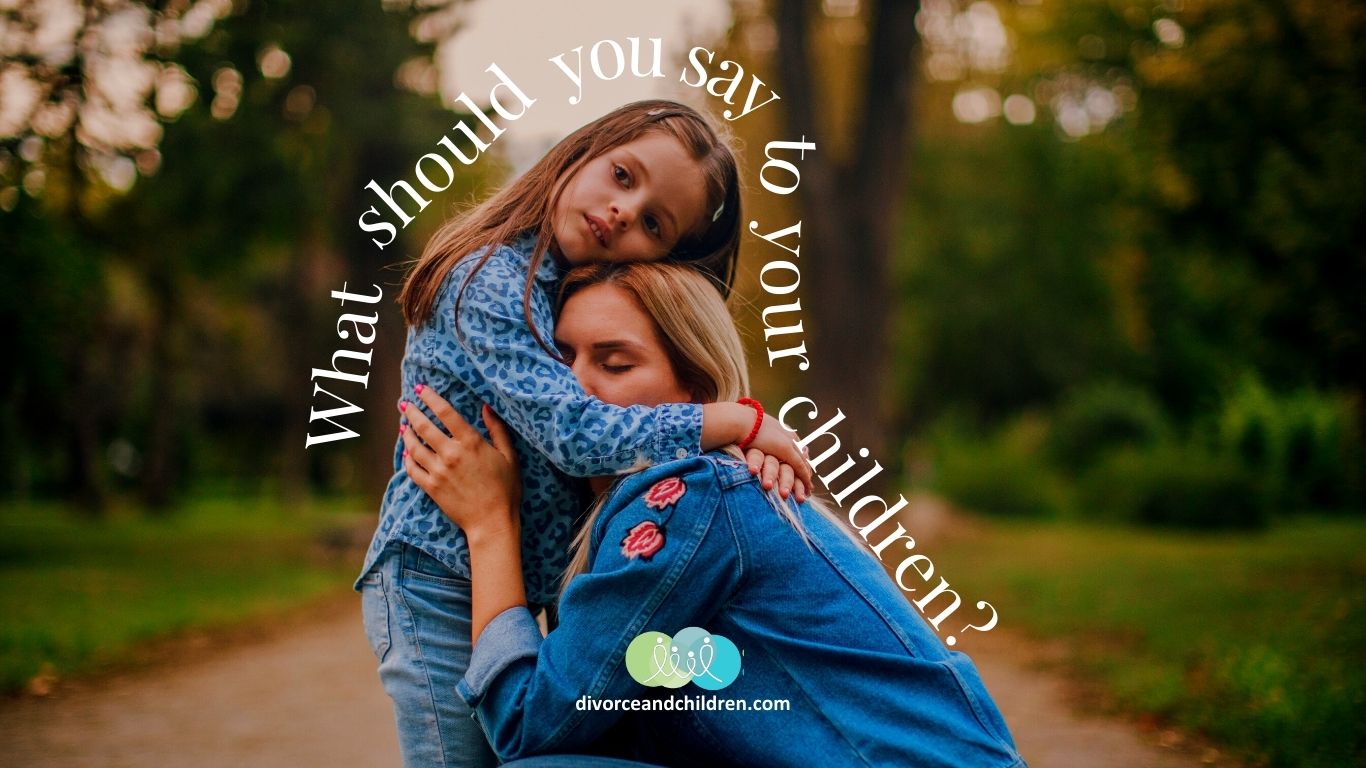First conversation about divorce: What should you say to your children?

For initial first conversations, don’t overwhelm your children with information; keep the discussion straightforward and age-appropriate. Focus on addressing the fact that you are separating or getting a divorce and how life will change for now. Here are some guidelines for you to consider regarding your first conversation with children.
Think through how you will manage your feelings
As you go through this process, you will probably experience a wide range of emotions. In the early stages, feelings of sadness and anger about splitting up are usually at their strongest. To minimize the impact for your children, think through your own issues and how you will manage them in front of your children.
Let children know how life will change
Give specific details and address major concerns for children such as:
- When and how they will see each parent
- Where they will live and go to school
- How they will spend time with important family members
- How life will be different
If children have questions you are not prepared to answer, let them know that Mom and Dad are still working out the details. Reassure them that as soon as you have an answer, they will be the first to know.
Tell children they are not to blame
While it may seem hard to believe, it is quite natural for children to feel responsible when parents choose to split up. Make sure your children understand that your decision to divorce had nothing to do with them or their behavior. Additionally, children need to know there is nothing they can do to change what is happening in the family. Also, reinforce the point that it is not their responsibility to try and make things better between Mom and Dad.
Make sure children know they can ask questions and talk about how they feel
Let children know you understand this will be a difficult change for them. They also need to hear that while things are changing in the family, they will probably have many different feelings. Assure them that it is okay to ask questions or talk with either parent whenever they wish.
It is likely that your children will have additional questions after your first talk and need follow-up conversations. Follow up talks do not have to be formal or structured. You may find children are open to talking during transition times such as bedtime, meal time or while engaged in other activities.





